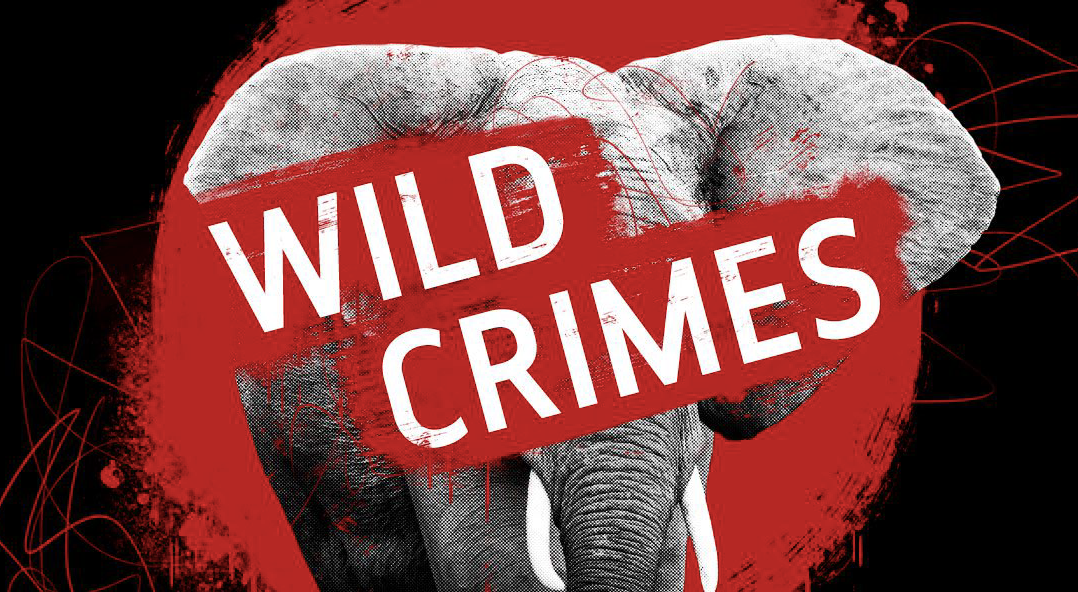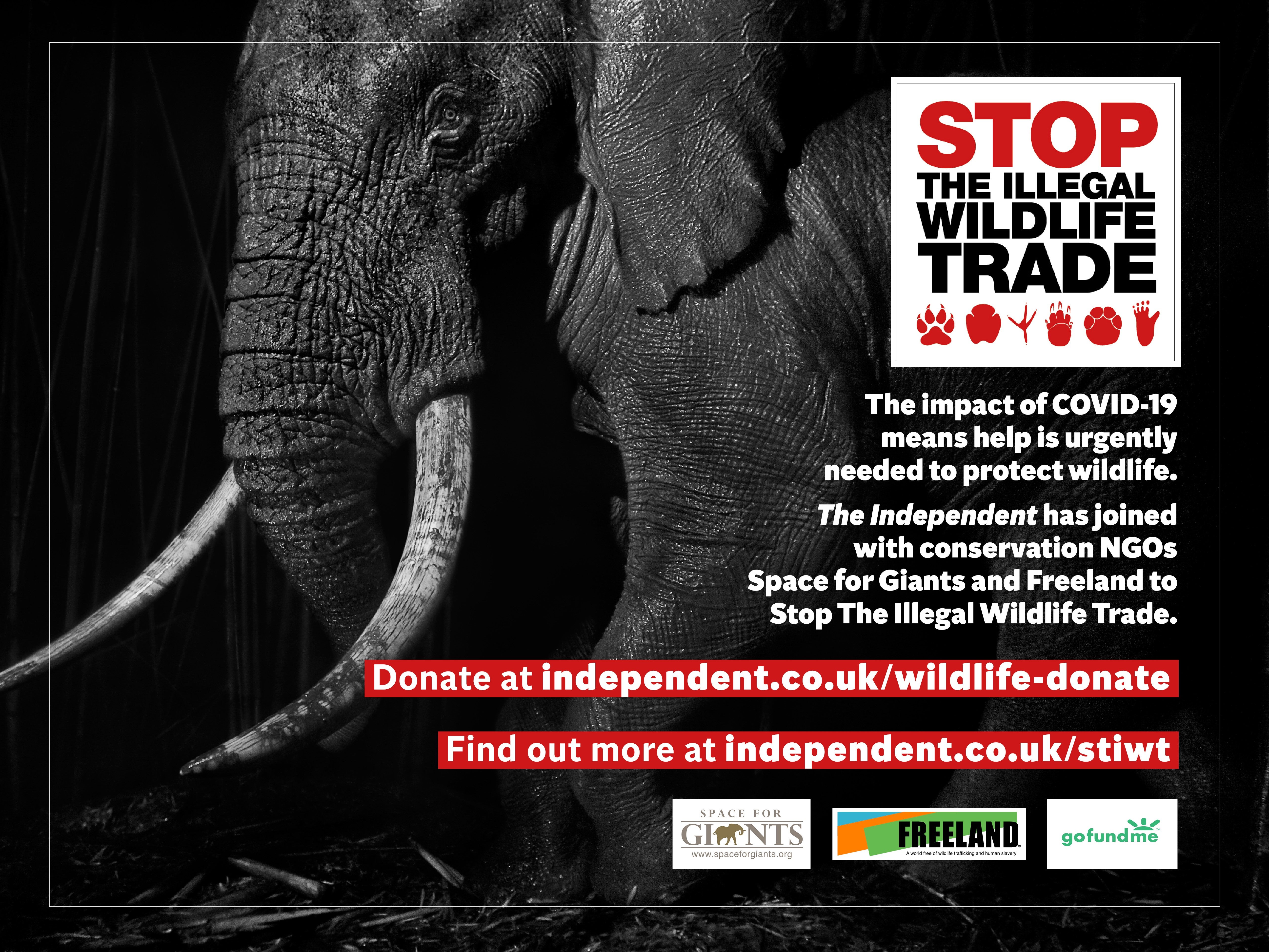New podcast explores wildlife crime and asks what can be done to stop it
Today the Natural History Museum launches free podcast about illegal wildlife trade and looking for solutions

Your support helps us to tell the story
From reproductive rights to climate change to Big Tech, The Independent is on the ground when the story is developing. Whether it's investigating the financials of Elon Musk's pro-Trump PAC or producing our latest documentary, 'The A Word', which shines a light on the American women fighting for reproductive rights, we know how important it is to parse out the facts from the messaging.
At such a critical moment in US history, we need reporters on the ground. Your donation allows us to keep sending journalists to speak to both sides of the story.
The Independent is trusted by Americans across the entire political spectrum. And unlike many other quality news outlets, we choose not to lock Americans out of our reporting and analysis with paywalls. We believe quality journalism should be available to everyone, paid for by those who can afford it.
Your support makes all the difference.Today the Natural History Museum launches a free ten-part podcast series, Wild Crimes, exploring the illegal wildlife trade and looking for possible solutions.
Billed as a “twist on the popular true crime genre”, Wild Crimes will explore the shocking world of international wildlife crime, from eel smuggling to the ivory trade.
The first episode, which is live now, investigates the world’s most trafficked mammal, the pangolin. “When you walk with a pangolin you walk with a unicorn,” says Wild Crimes presenter and evolutionary biologist Dr Tori Herridge, who is joined by science communicator Dr Khalil Thirlaway.

Pangolin researchers from the Natural History Museum and experts on the ground in South Africa will discuss the challenges of tracking down the perpetrators and restoring trust to the local communities.
Episode two of Wild Crimes - which is also available now - explores reptile trading in Tanzania, a country which has had a ban on all wildlife exports since 2016, yet from which private collectors all over the world buy chameleons, snakes and geckos to keep as pets thousands of miles from their natural habitats.
The Independent launched its Stop The Illegal Wildlife campaign in early 2020 in response to the threats posed to the planet’s. You can support our campaign HERE.
Faith Maina, Wildlife Court Monitor for conservation organisation Space for Giants - who work with The Independent on the campaign, says “the illegal wildlife trade is rapidly evolving as wildlife criminal syndicates continue to adapt, organise and implement smarter tactics.
“This highlights the need for more resources to be allocated to the protection of wildlife and their habitats, tougher regulations of the legal wildlife trade to prevent legal loopholes, and continuous capacity building for investigators and prosecutors to strengthen criminal justice systems.”
Episode three of focuses on the smuggling of glass eels, Europe’s biggest wildlife crime, which be live this Thursday 8 July. From then one episode will land every Thursday until the end of August., with the last episode in the series exploring what can be done about wildlife crime.
All episodes will be free to listen to via nhm.ac.uk/wildcrimes and to download via Spotify, Google Podcasts, Apple Podcasts and wherever else you access your podcasts.
Join our commenting forum
Join thought-provoking conversations, follow other Independent readers and see their replies
Comments